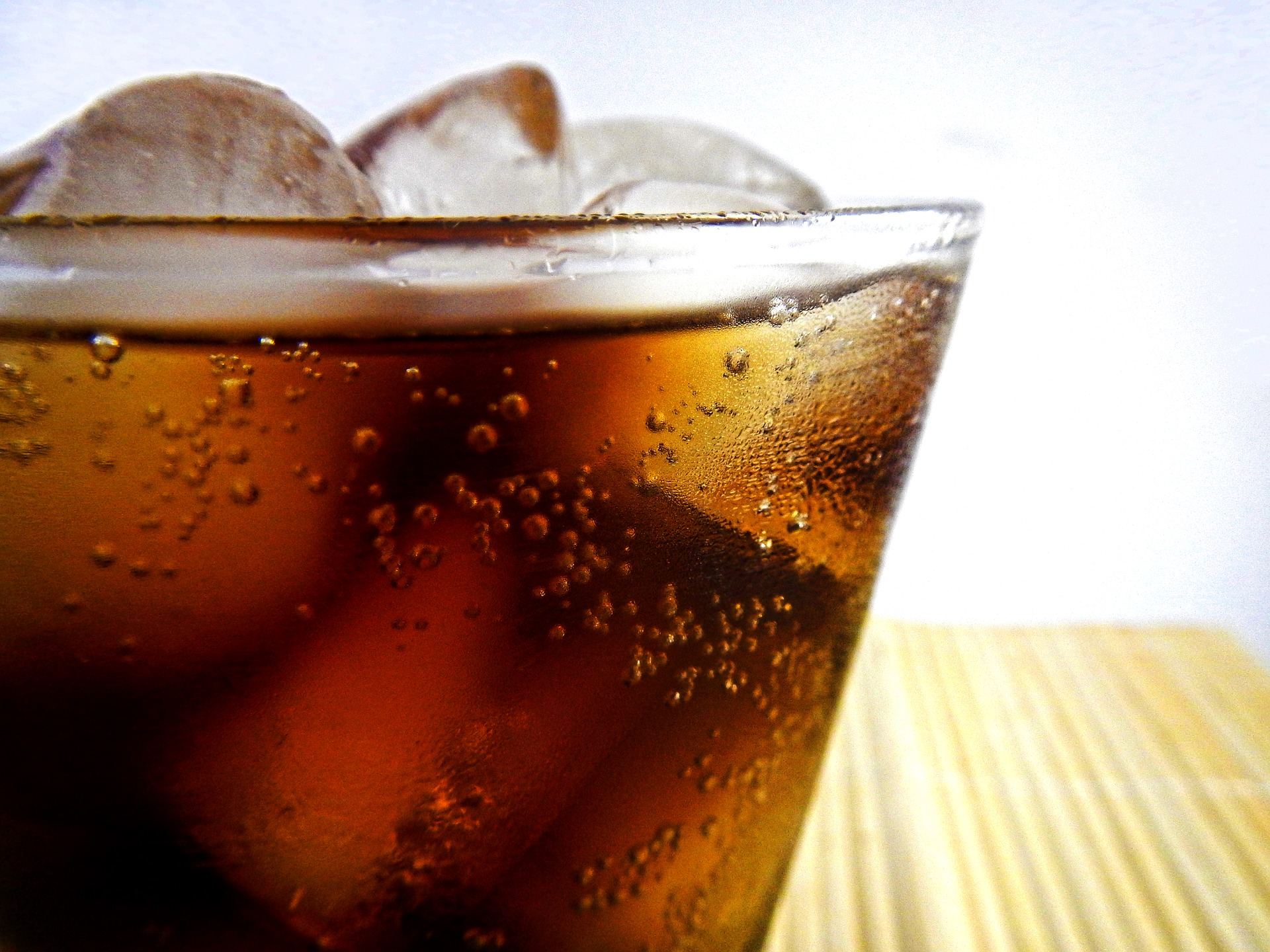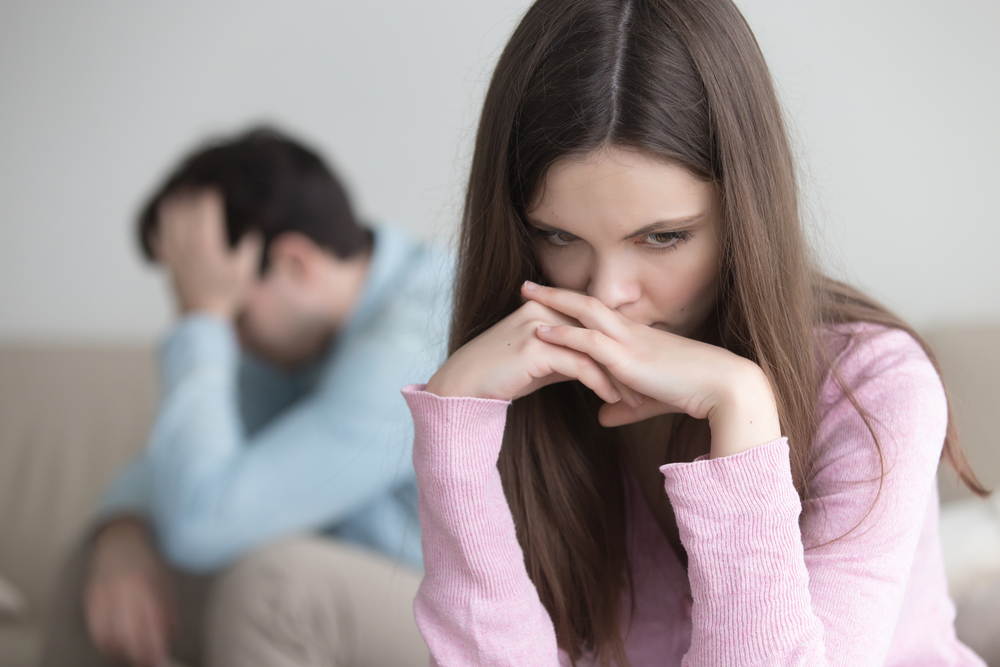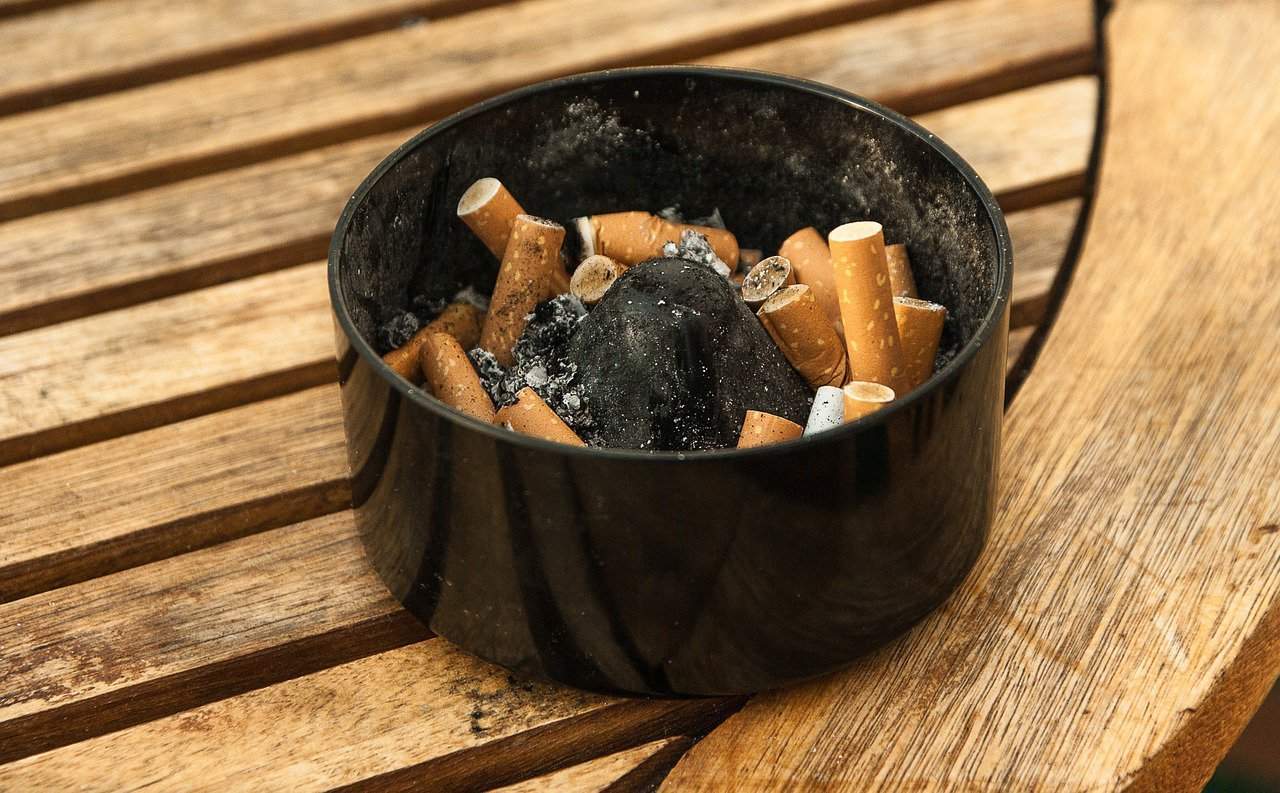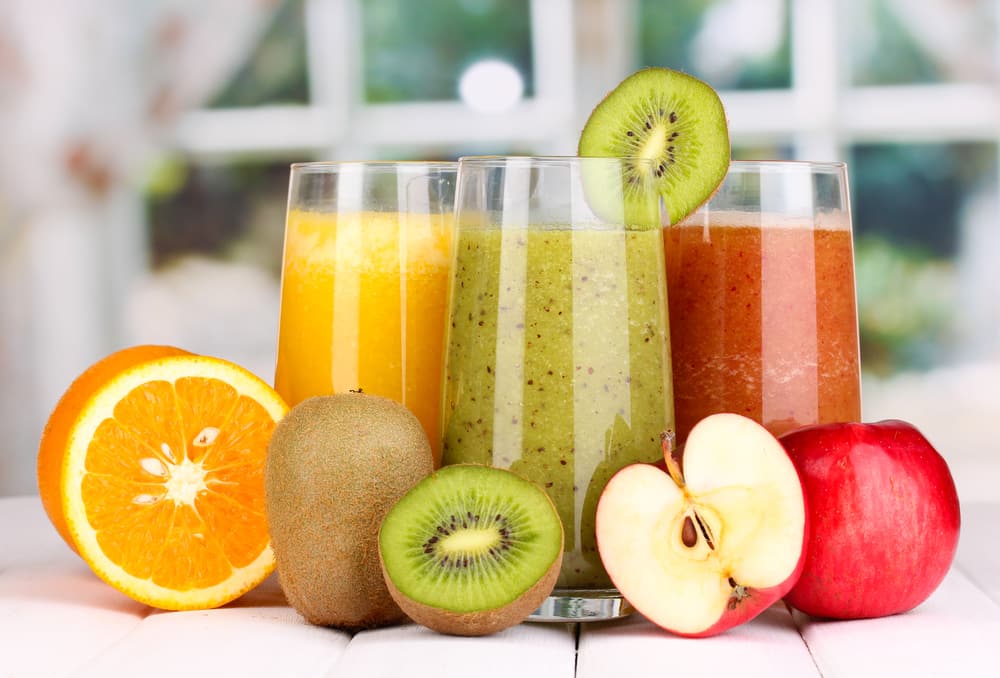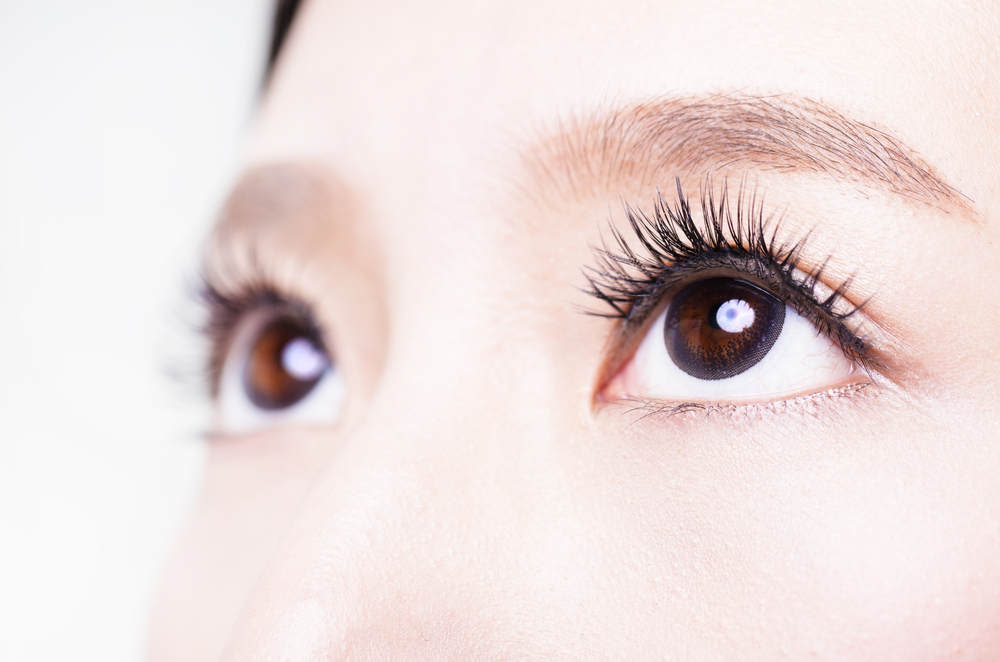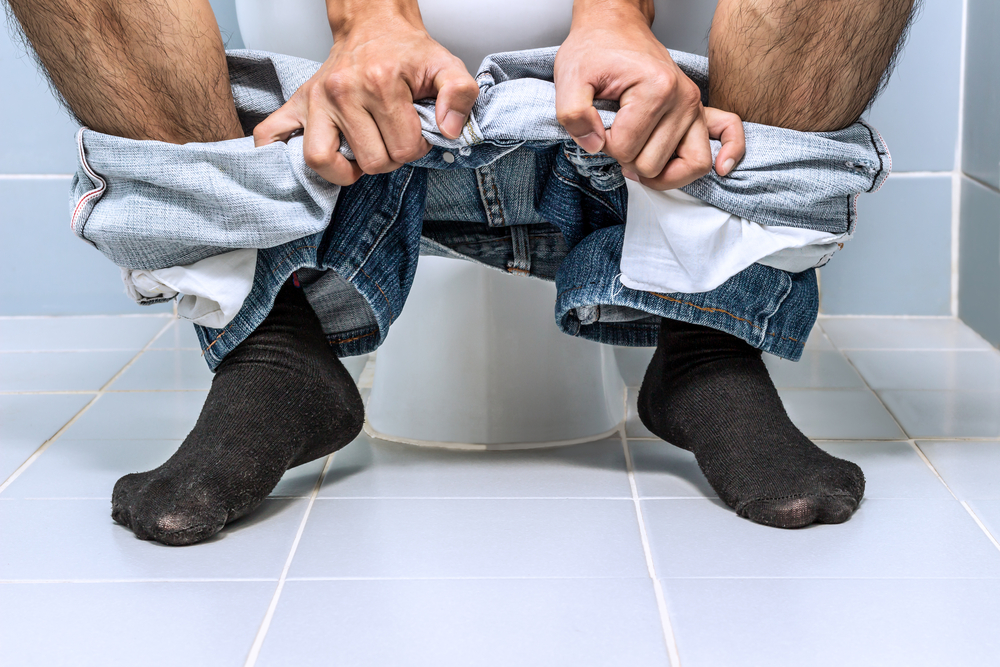Contents:
- Medical Video: Kidney & Bladder Health : How to Flush a Kidney Stone
- Soft drinks are difficult to process by the kidneys
- How much soda do you have to drink to cause kidney stone disease?
- Kidney stones usually have no symptoms
- When should I contact a doctor?
Medical Video: Kidney & Bladder Health : How to Flush a Kidney Stone
It's really refreshing to sip soda especially on a hot day. But it is no longer a secret that carbonated drinks have a negative effect on health. In addition to increasing the risk of diabetes, many studies have reported that drinking soft drinks can increase the risk of disease kidney stones. How come?
Soft drinks are difficult to process by the kidneys
Basically, every liquid that enters the body will be processed by the kidneys through three stages. First of all, the liquid will be filtered first to separate which substances are beneficial to the body and which ones must be removed. After going through the screening process, the substances that pass this stage will be passed by the kidneys to the bloodstream to be circulated throughout the body. The last stage is the process of spending to rinse clean substances that are not used by the body and may also be toxic, passing urine.
Another with plain water that can be processed directly by the kidneys without problems, soft drink high in fructose (artificial sweetener) and phosphoric acid or nitric acid. These kinds of additional compounds force the kidneys to work harder to process the soda. In the end, these components actually accumulate into one and form clumps of calcium rock which can later clog the kidneys. This is the forerunner of kidney stones from drinking mostly soft drinks. Besides kidney stones, regular consumption of soda can also cause chronic kidney disease.
How much soda do you have to drink to cause kidney stone disease?
Research shows that at least consuming 1 glass of soda per day can increase the risk of kidney stones by 23% compared to people who consume soda only 1 cup per week. This risk is reported to increase as you increase the portion of soda you drink. Moreover, your risk can increase if you have a similar family history.
Kidney stones usually have no symptoms
Kidney stones do not always show symptoms or cause pain, especially if the size of the stone is still relatively small or tucked in the deepest kidney area. Kidney stones vary in size and shape. The stone may be as small as a grain of sand or as big as a pearl. Some stones are even as big as golf balls.
If symptoms have arisen, a common complaint experienced by patients with kidney stones is pain in the lower waist area that appears suddenly and is very painful. This pain can spread to the front or back of the body. Other symptoms that accompany include nausea, vomiting, pain when urinating, or bloody urine.
Kidney stones can cause health complications that are dangerous if not handled properly.
When should I contact a doctor?
You should contact a doctor if you have one of the following:
- Severe pain in the back or lower abdomen that does not disappear
- There is blood in your urine
- Fever and chills
- Gag
- Urine that smells bad or looks blurry
- Pain when urinating
These problems may indicate you have kidney stones or other more serious conditions.

